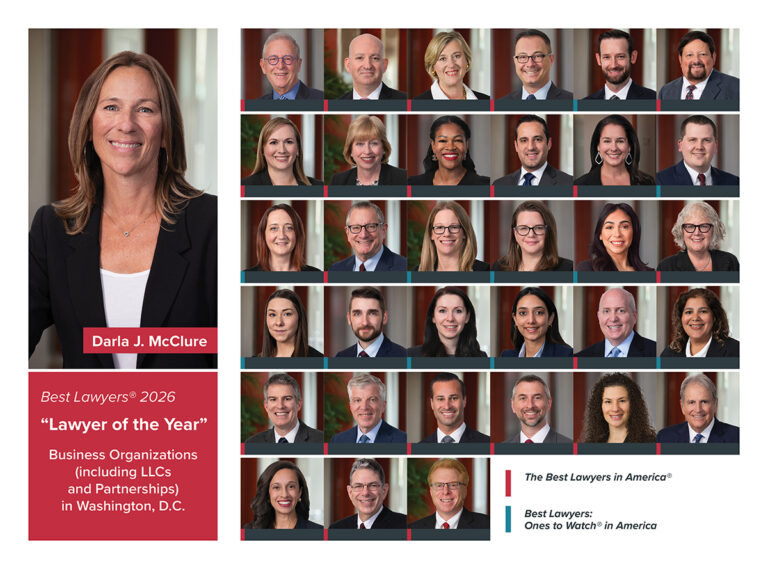July 20th, 2023
Supreme Court Ruling Alters Corporate Registration Landscape Across States
Posted in: Commercial Litigation Featured Tagged: Jeffrey M. Schwaber, Sharon N. Kimemia
Author: Sharon N. Kimemia, Jeff M. Schwaber

Moving forward, corporations will have to think twice before registering their business in multiple states following the Supreme Court’s June 27, 2023, decision in Mallory v. Norfolk Southern Railway Co.
In a tight 5-4 decision, the Supreme Court ruled that states could require out-of-state corporations, wishing to conduct lawful business within the state, consent to the state having general jurisdiction over them. This means corporations could thereafter be hailed into court by any plaintiff for claims that have zero connection to the state.
Prior to Mallory, International Shoe Co. v. Washington was the hallmark case for determining whether a state could exercise general jurisdiction over a corporation. International Shoe established a long-standing rule: Due Process does not allow a state to exercise general jurisdiction over a “foreign” corporation (meaning an out-of-state corporation) simply for conducting some business in its state. However, following Mallory, International Shoe’s rule is no longer applied in circumstances where a state (such as Pennsylvania, in the Mallory case) requires a foreign corporation to consent to general jurisdiction.
In Mallory, a Virginia resident filed suit against a Virginia corporation in Pennsylvania for injuries sustained in Ohio and Virginia. Although the courts in Pennsylvania had no “subject matter” interest in hearing such a claim, the Supreme Court found that Pennsylvania’s statute requires that a corporation that registers to do business in that state consents to be sued there as well.
While Pennsylvania is the only state that currently requires corporations to consent to general jurisdiction, this landscape is likely to change as other states adapt following the Mallory decision . Corporations seeking to conduct business in another state – as well as those already registered in foreign states – should consult with counsel to make sure they understand and stay updated on that state’s jurisdiction related legislation pertaining to litigation.
Sharon N. Kimemia is a law clerk at Stein Sperling through the Bar Association of Montgomery County Maryland’s Summer Scholar Pipeline Program. She’s a student at University of Baltimore School of Law.







